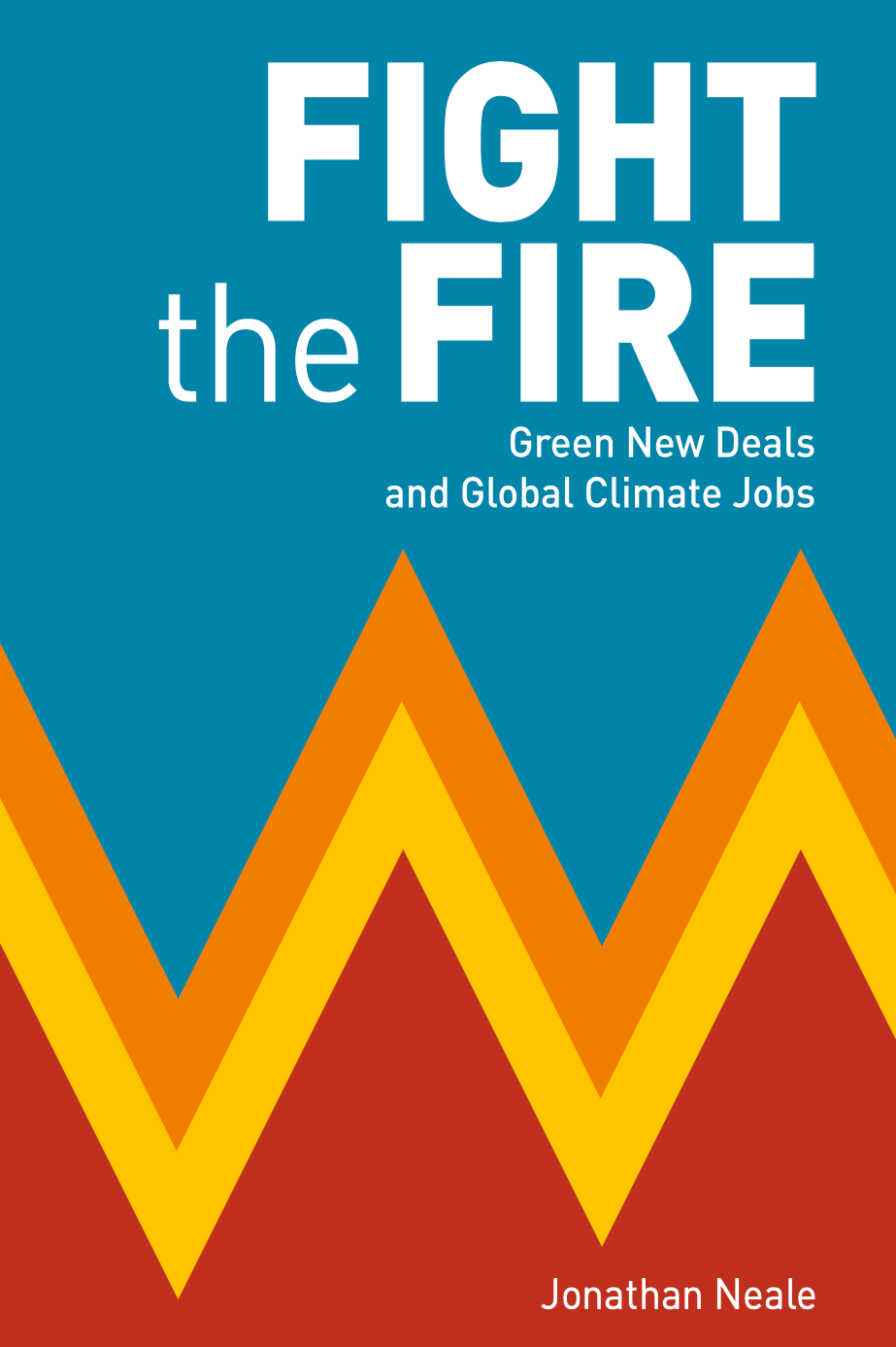
An incredibly useful handbook for climate and political activists
The format by Jonathan means that anybody reading it could find it useful. First, he provides us with a very clear enunciation of the science, then an explanation of the relevance and the weight of the different gases and finally how they arise in the emissions chapter. Neale examines the different wind, solar, and other technologies. He shows the importance of a grid to control these and counteract problems with their consistency. In these chapters he shows how it is impossible for the market to produce the necessary changes and argues for nationalisation. He also shows how difficult it is to do this on a small scale.
The writer looks into the different sectors where emissions take place: transport, buildings, industry, then forests and farms. These are so well written, in that each chapter is short, 10-15 pages, and each dissects the quantity of emissions and how each of these can be got rid of. These are really useful since if you are interested in a particular sector then you can go to that part directly. It’s a book that you could dip in and out of after you have read it or you could use parts of it to convince people. There are an incredible number of facts explained simply. I discovered for example the difference between the emissions of beef and pigs, more than 5 times per kilo. Beef production emits more than 100 times that of chicken farming.
Neale has very clear positions on a number of questions. For example, he says don’t rely on scientific changes that might or might not happen in the future, if they do it is just a bonus. This sounds very similar to Greta Thunberg in the recent TV series. More contentious to some of us is that he believes we will be able to produce so much renewable energy that we could continue growing.
Another thing is that we must not over-scare people. If we don’t make the changes in 12 years we will still have to keep fighting.
He has a strong chapter on the politics of confusion, particularly the idea that big oil can change. In particular, he attacks Obama at the Copenhagen conference where so many ecologists at that conference were convinced to keep their mouths shut. He argues the main polluters will do what they do because of profit. They don’t care about the planet. Big tobacco did not become big fruit.
He also argues for the centrality of the Global South. You have to think of them in relation to their right to live. The people in the oil states are also at risk because as he says as soon as there is a crisis in oil production each state will fight for sales and prices will be reduced. Huge unemployment and hunger will result.
So even here, as elsewhere, there has to be a Green Deal for jobs.
In his conclusion as to how this all will come about he speaks of international solidarity. Jonathan was involved in the struggle over AIDs treatments. It reached a situation in South Africa where the country wasn’t going to use Indian copies of drugs to treat huge numbers of people. Bill Clinton stepped in and threatened sanctions, to defend American companies’ intellectual property, despite the fact that millions would die because neither they nor the state could afford the drugs. There were huge demonstrations. The Gay community organised massive resistance in the USA and forced Clinton to back down and provide cheaper drugs.
Given the complexity of the problem he doesn’t provide all the answers but all the figures are here so the weapons are there for us to use. A really useful book.


Unfortunately the idea of a Green New Deal, even its most radical versions, is premised on the reform of capitalism.
What is needed is the overthrow of capitalism to allow for the creation of a democratically decided internationally planned response as humanity’s only chance to avert a catastrophic ecological collapse.
https://bolsheviktendency.org/2021/03/17/eco-socialism-green-new-deal-pipe-dreams/